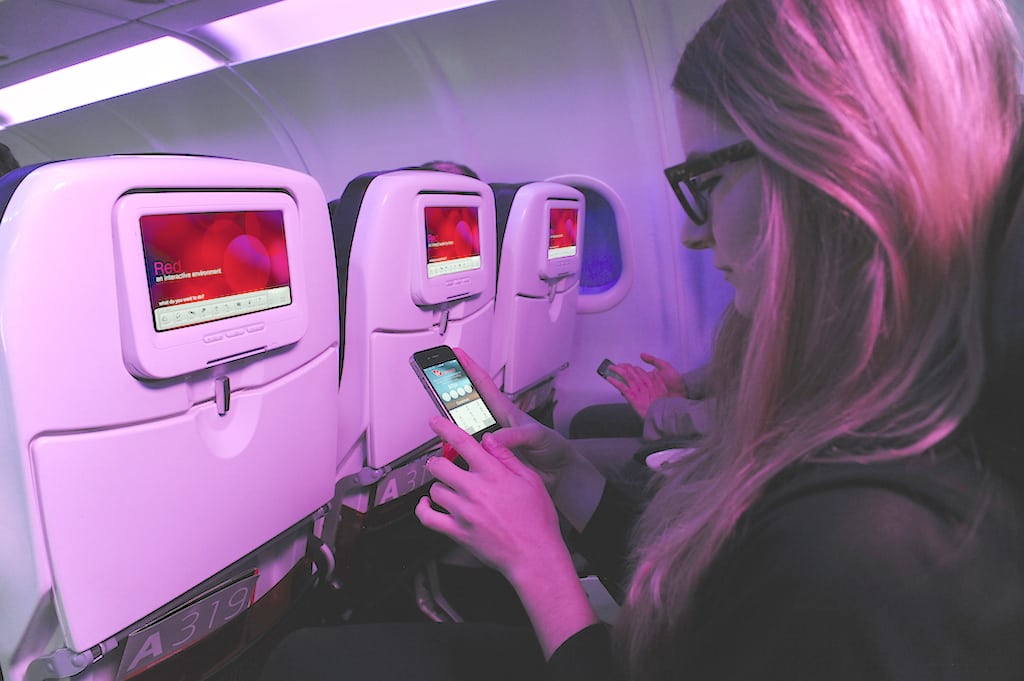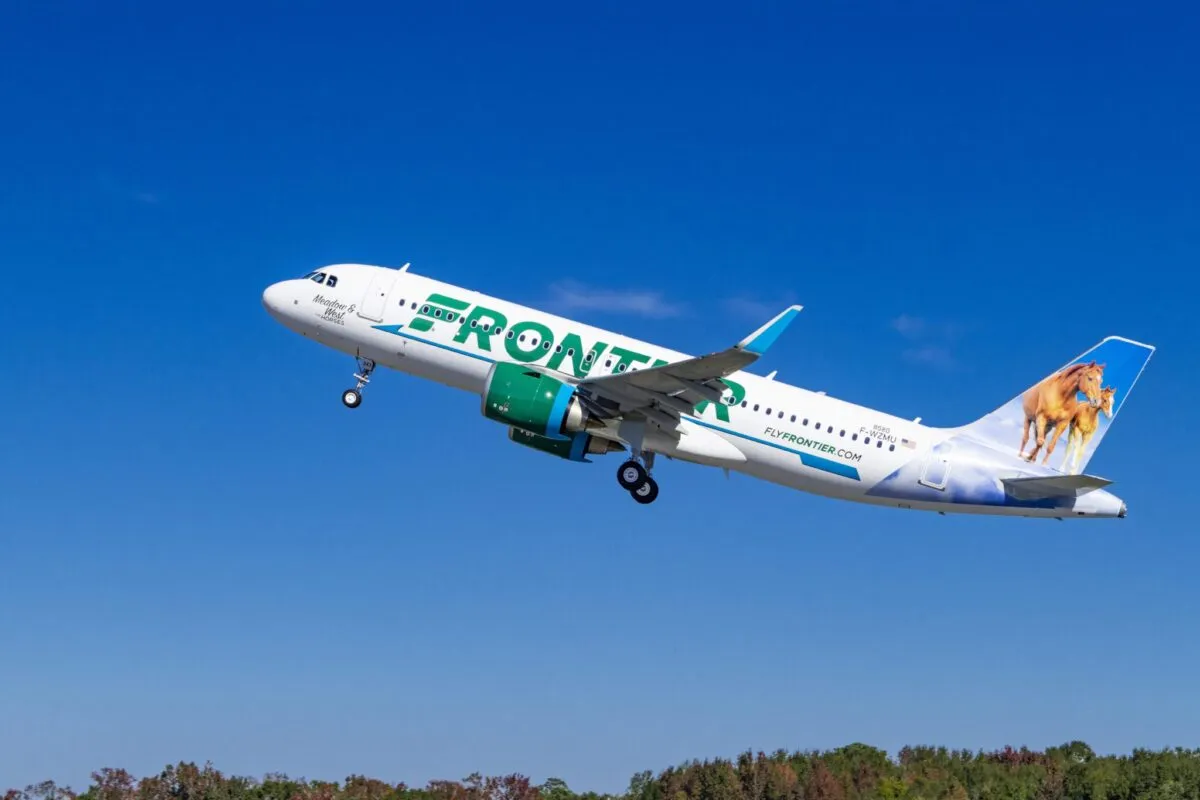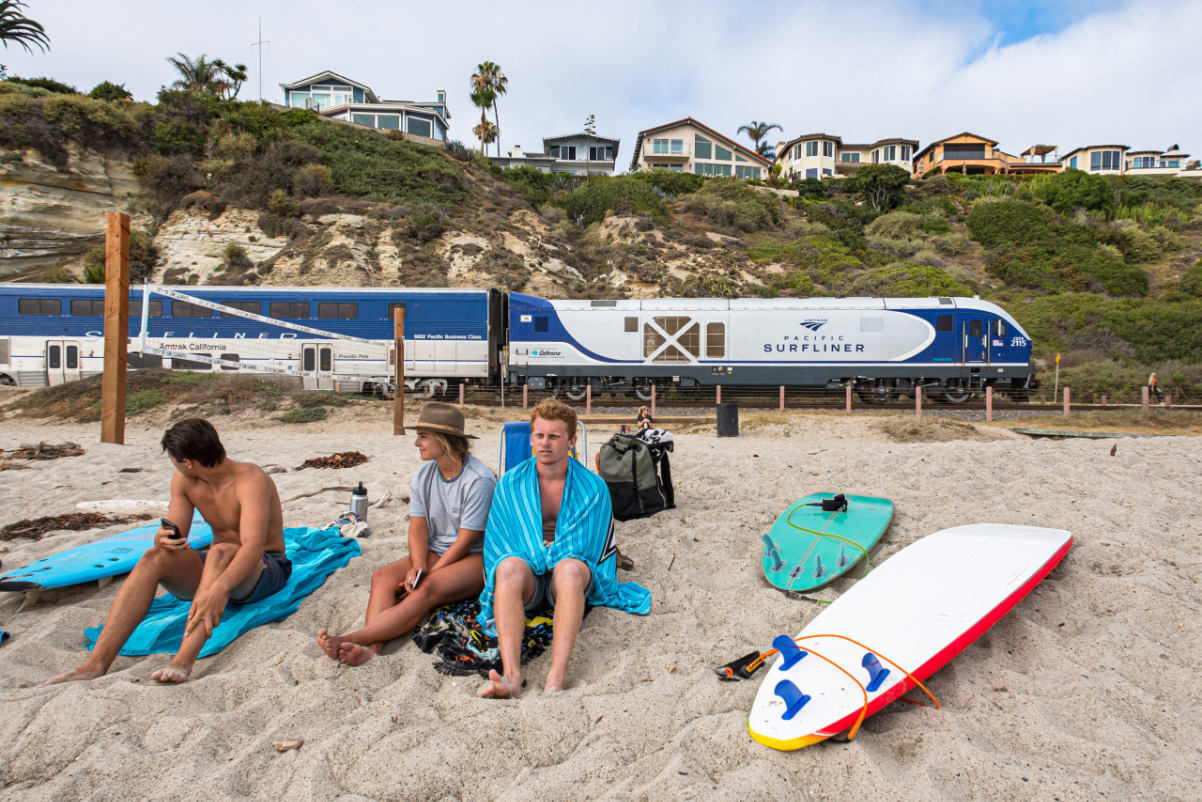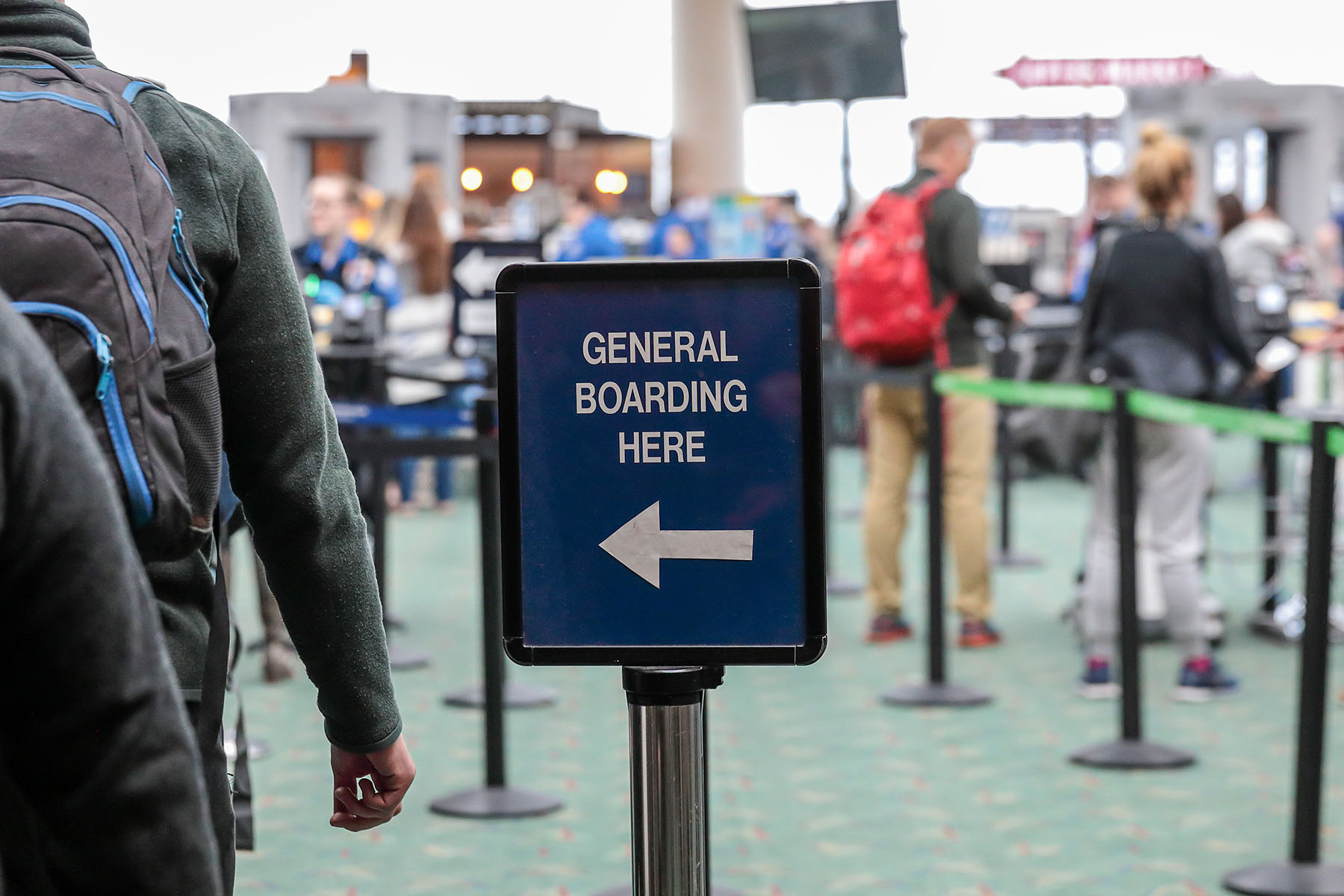Why Delta Is Virgin America’s Most Likely Suitor

Skift Take
Rumors of a potential sale of Virgin America to ‘unknown parties’ have generated interest in the markets and the industry.
But that someone or more likely some thing might be tempted to buy Virgin America shouldn’t come as a surprise, nor should any of us be surprised if the ultimate suitor is Delta.
Virgin America is starting to make money. Doubters can take a step back, and any prospective buyers are would be starting off on good footing.
As Bloomberg reported, Virgin America stated 2015 adjusted net income of $201.5 million—a historic high. It’s growing its fleet and adding capacity.
This would make Virgin America an attractive prospect for many buyers, but we believe it’s particularly attractive to Delta.
One of the factors we consider is Virgin America’s slots in Love Field. A strong position in Dallas is strategically advantageous and Delta has been fighting Southwest over slots at Love Field for a while.
While Delta won a small victory earlier this year, the airline wants more. Delta had originally bid against Virgin America for slots at Love and lost.
Those same slots, as well as a compatible business strategy, also makes Virgin America attractive to JetBlue. We might fancy a low-cost luxe merger in the U.S. that strengthens the upscale budget business model and increases the pressure on traditional airlines to improve their product offering. But wishing doesn’t make it any more likely.
Delta can afford to offer Richard Branson’s brand an irresistible deal, and we can’t see any benefit to JetBlue in getting into a bidding war over Virgin America—if they were contemplating such a buy.
Virgin America is also a convenient feeder for Far East service, another core focus for Delta. Virgin America is well positioned in the bustling market of Silicon Valley.
Then there’s the value of the Virgin label.
Like Virgin Atlantic, in which Delta is already heavily invested, Virgin America is a designer brand. Delta, by contrast, is as strait-laced as brands get.
But Delta has done what other airlines only say they want to do: develop a sound hotel model.
Delta has grown a suite of properties which include its original mainline carrier, the independently run Delta private jet service, and Virgin Atlantic. Each serves a different customer niche. Virgin America would simply expand and complement that property mix strategy.
For passengers flying on Virgin Atlantic’s transatlantic service, a connection on a traditional Delta brand feeder flight is a brand experience clash. Growing a brand-compatible feeder network would allow an ideal continuity of brand experience.
When you put the pieces together, we can’t think of another airline with as much to gain from buying Virgin America as Delta … if anyone does.




